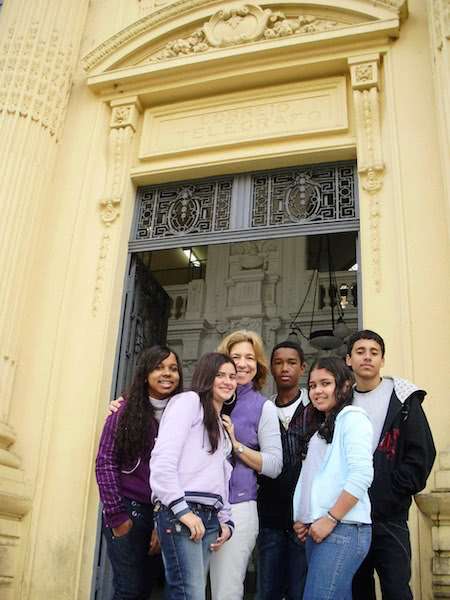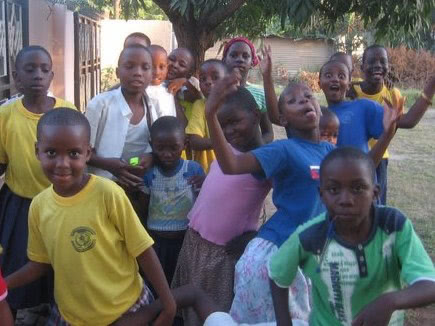Today we would like to share with you two easy ways to make the most of the power of a postcard in brighting someone’s day. In particular, of those who might need it the most.
Post Pals Post Pals is a website ran by a group of volunteers that allows anyone to send postcards/letters/parcels to very sick children. Sending a cheerful post is a very simple and easy way to give this children something to look forward to when they are often isolated and suffering.
The founder of Post Pals is Vikki George who is herself bed-bound for the last seven years due to suffer from ME. Instead of loosing her hope, she spends her time helping sick children through her Post Pals.
Here’s a video that explains it further.
We find this to be a great cause and a good example of how a simple postcard can make a big difference.
Children welfare stamps organisation Kinderpostzegels
Kinderpostzegels is organization based (but not specific to) the Netherlands with the same goal of helping children, but through the use of stamps. Here’s what Lilian Visscher from Kinderpostzegels shared about it with us:
Stichting Kinderpostzegels Nederland (Kinderpostzegels) is a children’s charity with the slogan: 'for children, by children’. The annual Children’s Welfare Stamps Campaign, with 200.000 children selling stamps and postcards to 2 million people is a striking example of this, forming the organisation’s showpiece. In this campaign, children help other children. Kinderpostzegels uses the proceeds to support projects focusing primarily on children. Kinderpostzegels believes it is important to involve children as much as possible in the projects.
Kinderpostzegels believes that all children are entitled to develop their individual talents and abilities. They are one of the most vulnerable groups in society and sometimes need extra help and protection.
Kinderpostzegels is an independent organisation, which means it is not tied to governments or economic or political movements.Kinderpostzegels raises and allocates funds for the benefit of children in the Netherlands as well as outside this country.
The postcrossers from Holland can help children who need extra help and protection, by sending their postcards with a children’s welfare stamp. There are two ways: they can order stamps online from our website or they can make up their postcard with children’s welfare stamp online on www.postmijnkaart.nl.
This means that whenever you are sending (for example) a Postcrossing postcard, you can be helping children just by using their stamps. Neat, uh?
So, two easy ways to help children through postcards. Do you know others? Share them in the comments so that others know about them too!

 We have many projects at the school: theater, dance,
We have many projects at the school: theater, dance, 






